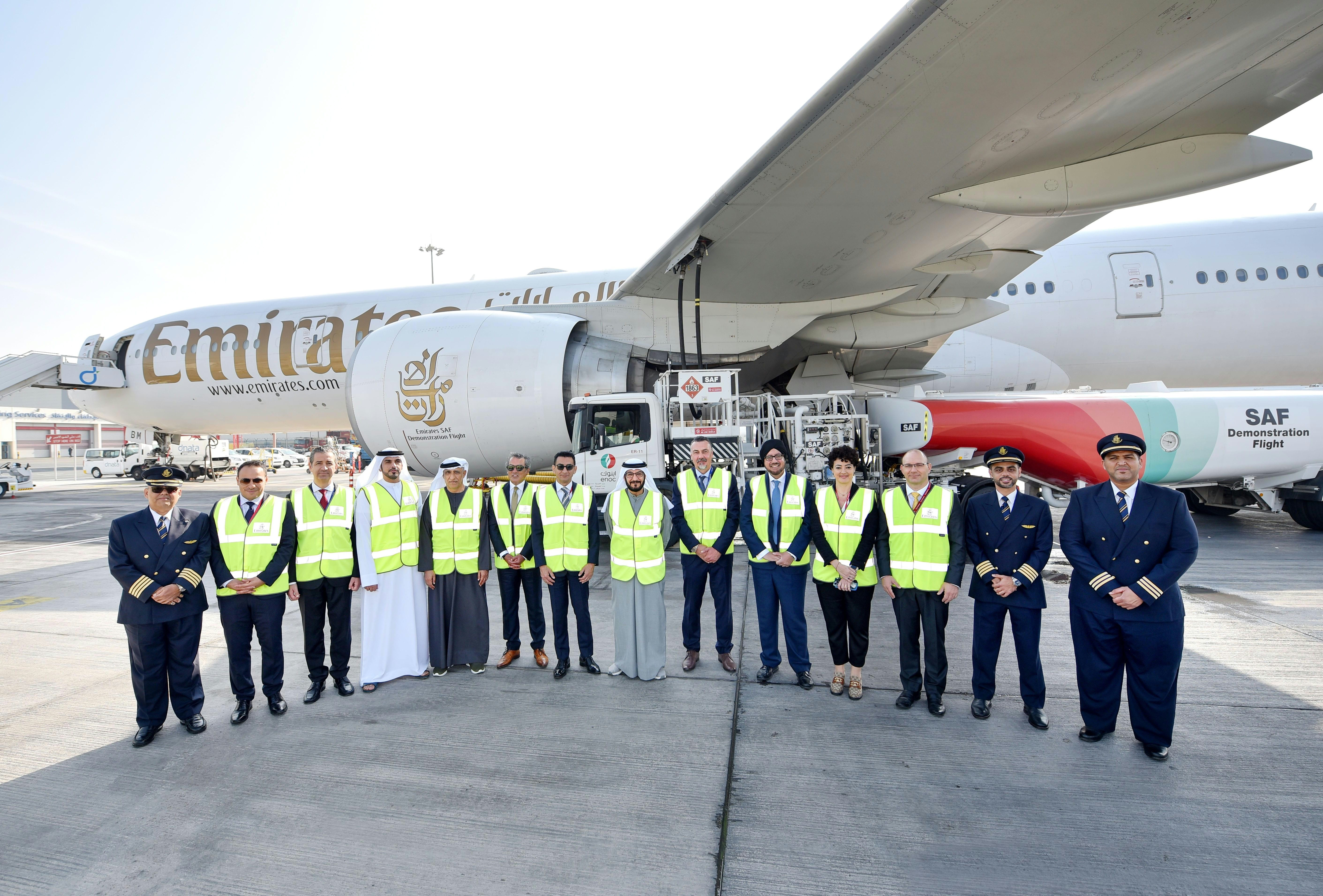AeroGenie — Uw intelligente copiloot.
Trending
Categories
Aviation Reaches New Milestone in Fuel Efficiency

Aviation Reaches New Milestone in Fuel Efficiency
Advancements in High-Temperature Engine Operation
The pursuit of enhanced fuel efficiency in turbojet engines has achieved a significant breakthrough through the development of materials capable of withstanding higher operating temperatures. Increasing combustion temperatures improves efficiency by enabling engines to generate the same thrust with reduced fuel consumption. However, this approach has traditionally been constrained by the limitations of metal components, which lose mechanical strength under extreme heat. To compensate, engines have relied on intricate and heavy internal cooling systems, which ultimately diminish overall efficiency.
To overcome these challenges, researchers have turned to ceramic matrix composites (CMCs), a class of advanced materials that maintain structural integrity at elevated temperatures while offering a lighter alternative to metal alloys. These composites resemble reinforced concrete, with strong fibers embedded within a ceramic matrix. Recent collaborative research by teams from CNRS, the University of Bordeaux, CEA, and Safran has focused on silicon carbide (SiC) as the matrix material, valued for its hardness, lightness, and chemical stability.
Addressing Hot Corrosion with Boron-Enhanced Ceramics
Despite their superior thermal properties, SiC-based ceramics remain susceptible to hot corrosion caused by the reactive gases inside jet engines, which include oxygen and water vapor. This corrosion gradually degrades the ceramic matrix, threatening the longevity and performance of engine components. To mitigate this, scientists have incorporated boron into the silicon matrix, forming a silicon-boron (Si-B) alloy. While boron's protective qualities were recognized in industrial applications, the underlying mechanisms had not been fully elucidated until now.
Through laboratory-scale replication of industrial processes and advanced atomic-level analysis, researchers have identified a threefold protective role played by boron. Firstly, boron stabilizes the silicon carbide structure, particularly at defect sites where corrosion typically initiates. Secondly, it forms nanoscale co-clusters with carbon, which restrict carbon diffusion and slow internal degradation. Thirdly, boron atoms accumulate at the interfaces between SiC and the Si-B alloy, creating a nanometer-thick protective layer that inhibits carbon dissolution and enhances resistance to corrosion.
This innovation enables engine components fabricated from these boron-enhanced CMCs to operate reliably at higher temperatures and for longer durations than previously possible. The resulting improvements in engine efficiency have direct implications for reducing fuel consumption and lowering greenhouse gas emissions, aligning with the aviation industry's urgent sustainability objectives.
Industry Context and Future Implications
These material advancements arrive at a pivotal moment for the aviation sector, which is contending with escalating fuel costs driven by rising crude oil prices. Such economic pressures threaten to impede the growth of the jet fuel market, despite projections that demand could double by 2032. In response, airlines and operators are increasingly turning to sustainable aviation fuels (SAF) to meet environmental commitments and reduce emissions. Industry players are intensifying investments in SAF production and technology, as exemplified by initiatives from companies such as Icelandic firm IDunnH2 and Avfuel. Concurrently, the aviation consulting sector is expanding, providing critical guidance to navigate the complex balance of growth, cost management, and sustainability.
The breakthroughs in ceramic matrix composite technology reflect a direct response to the evolving challenges of modern air transport, where efficiency, economic viability, and environmental impact are more closely intertwined than ever before.

Emirates Unveils Cabin Design for New Boeing 777X

Eighteen Years On, the Airbus A380 Remains Central to a $34 Billion Airline

How a boom in luxury airline seats is slowing down jet deliveries

Navitaire Outage Attributed to Planned Maintenance

Airbus Plans Record Delivery of 870 Aircraft in 2026

DigiYatra Debuts Outside Aviation at India AI Impact Summit

Vietnam Orders Strengthen Boeing’s Commercial Outlook

Airbus Signals Uncertainty Over Future A400M Orders

JobsOhio Awards $2 Million Grant to Hartzell Propeller for Innovation Center

Collins Aerospace Tests Sidekick Autonomy Software on YFQ-42A for U.S. Air Force CCA Program
